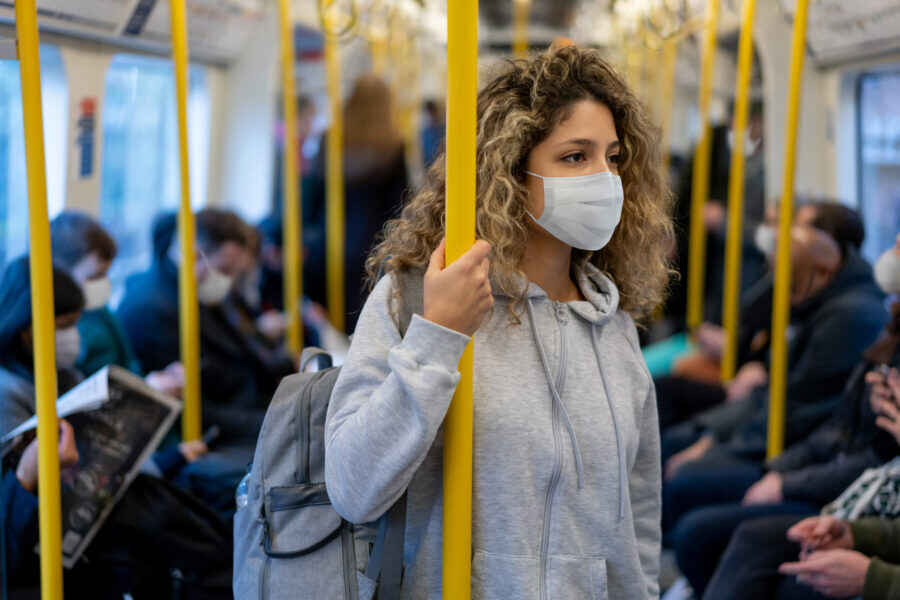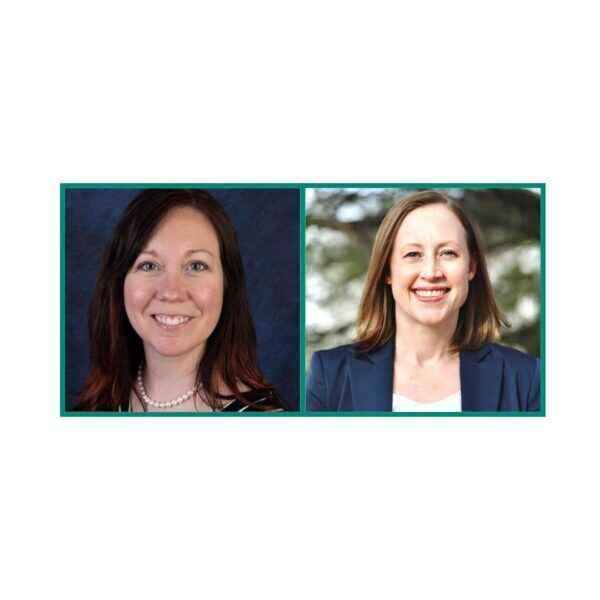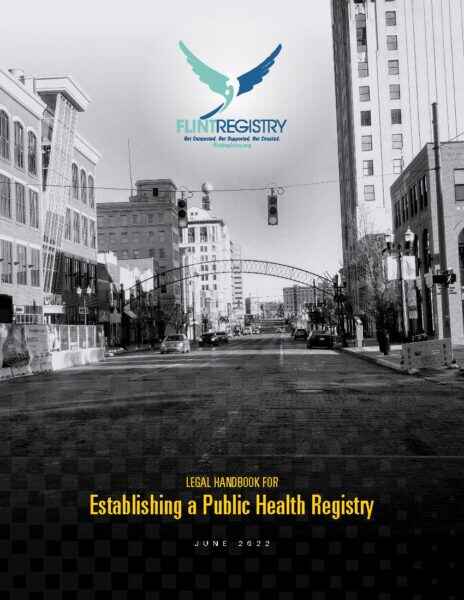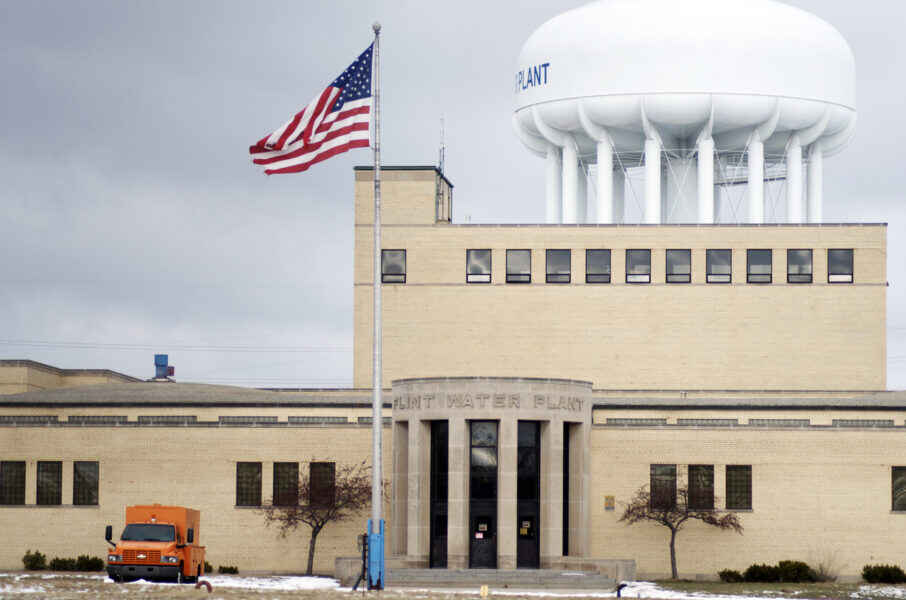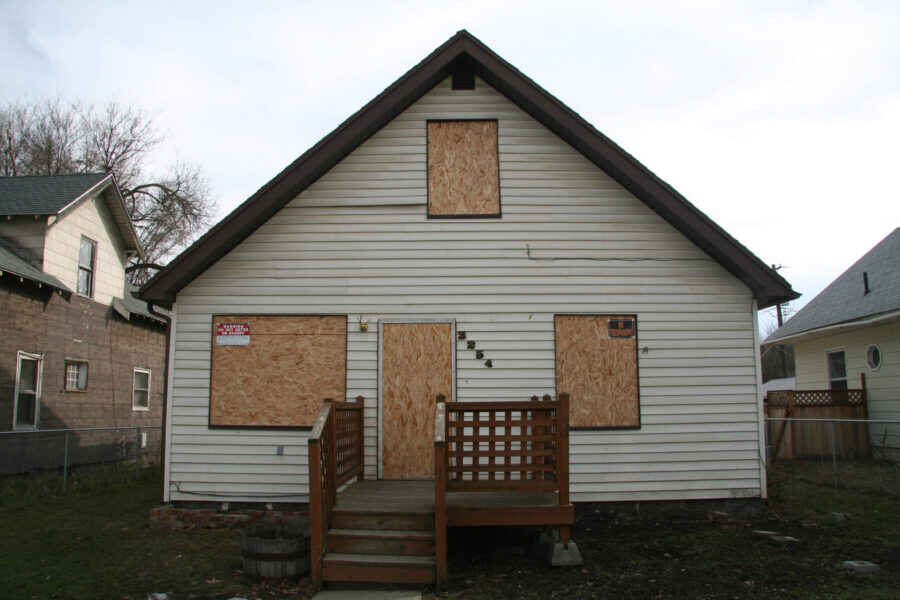
Some Courts are Finding that a Gender Dysphoria Diagnosis Entitles Individuals to Legal Protections Under the ADA
Law & Policy InsightsMechanisms for Advancing Health EquityMental Health and Well-BeingHealth in SchoolLegislation and Legal ChallengesHealth and Health CareAnti-LGBTQ legislation across the country is at an all-time high. These laws and the prejudice they reflect have negative impacts on the health and wellbeing of gender diverse people. Recently, plaintiffs have successfully challenged some anti-transgender laws under the Americans with Disabilities Act. A recent case serves as an example of this novel approach and its potential to have a wide-sweeping impact on rights for people who are transgender, people who are disabled, and those who share both identities.


